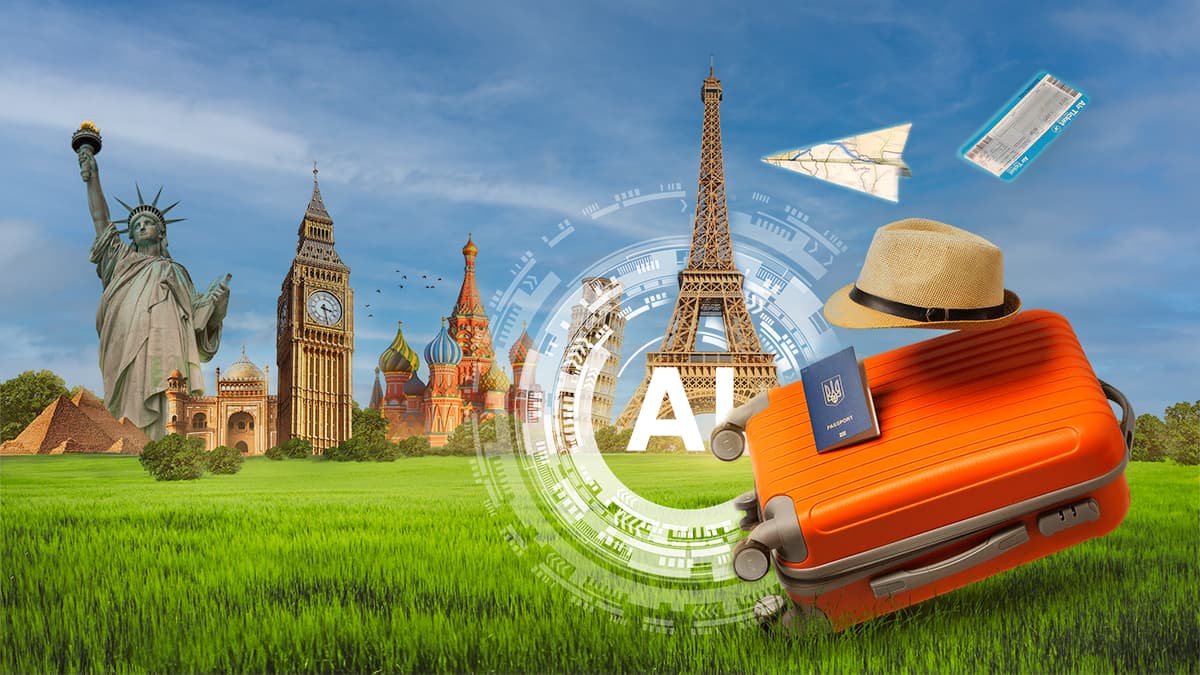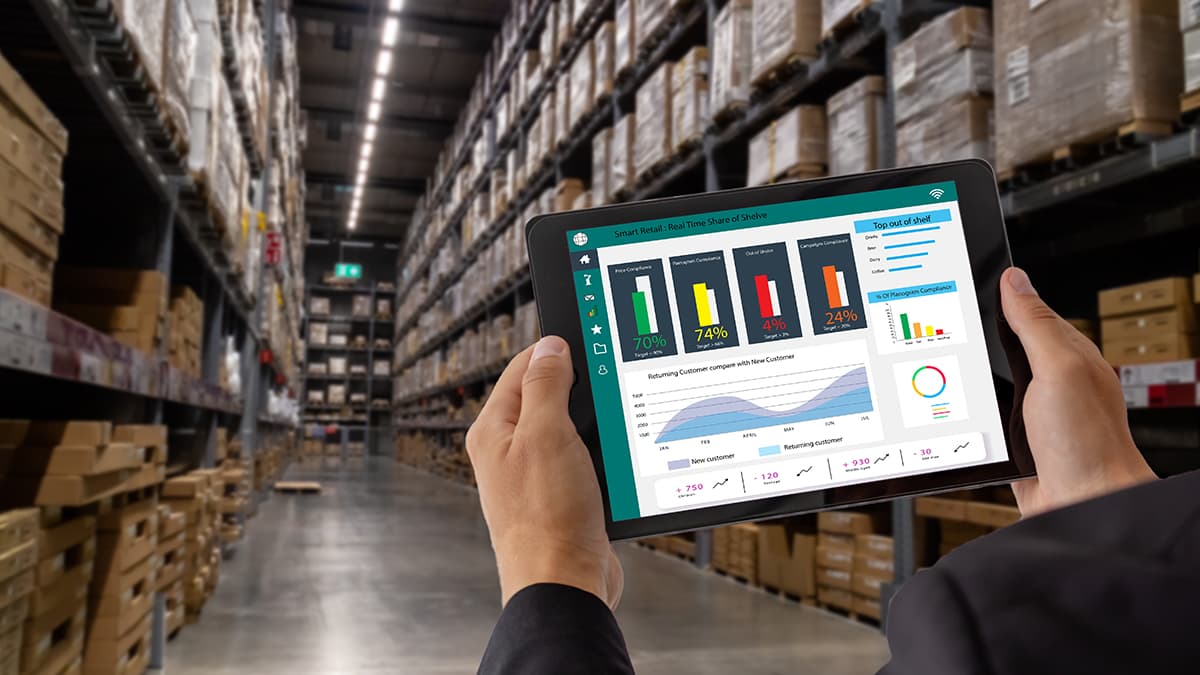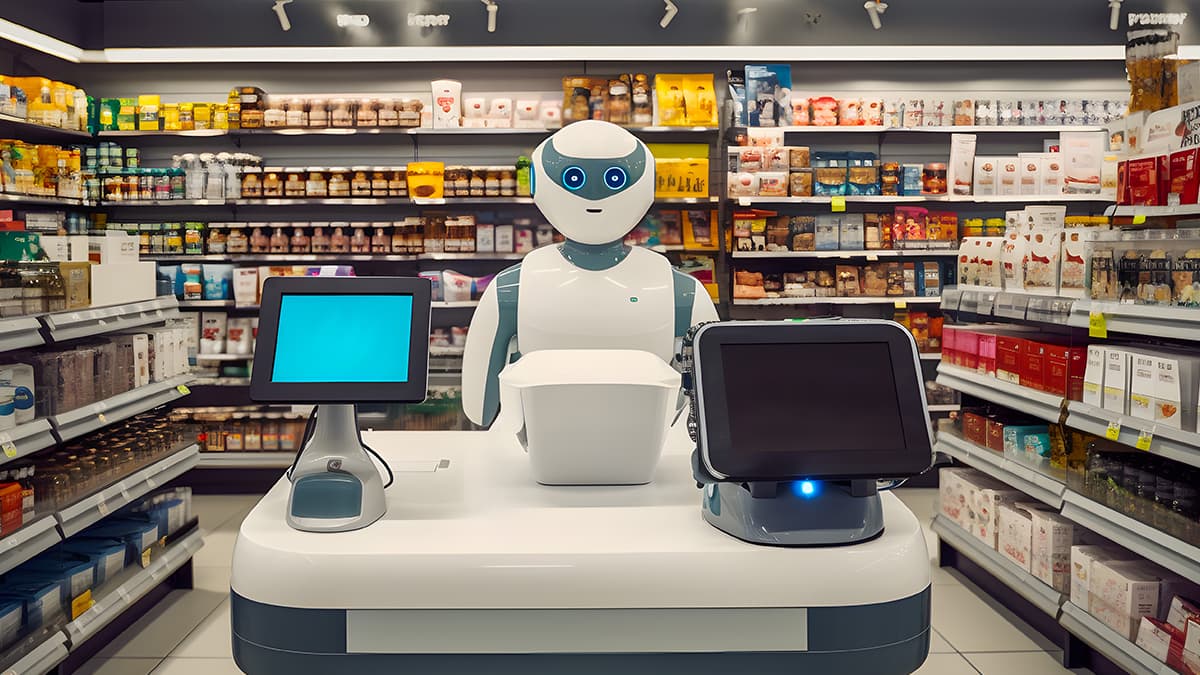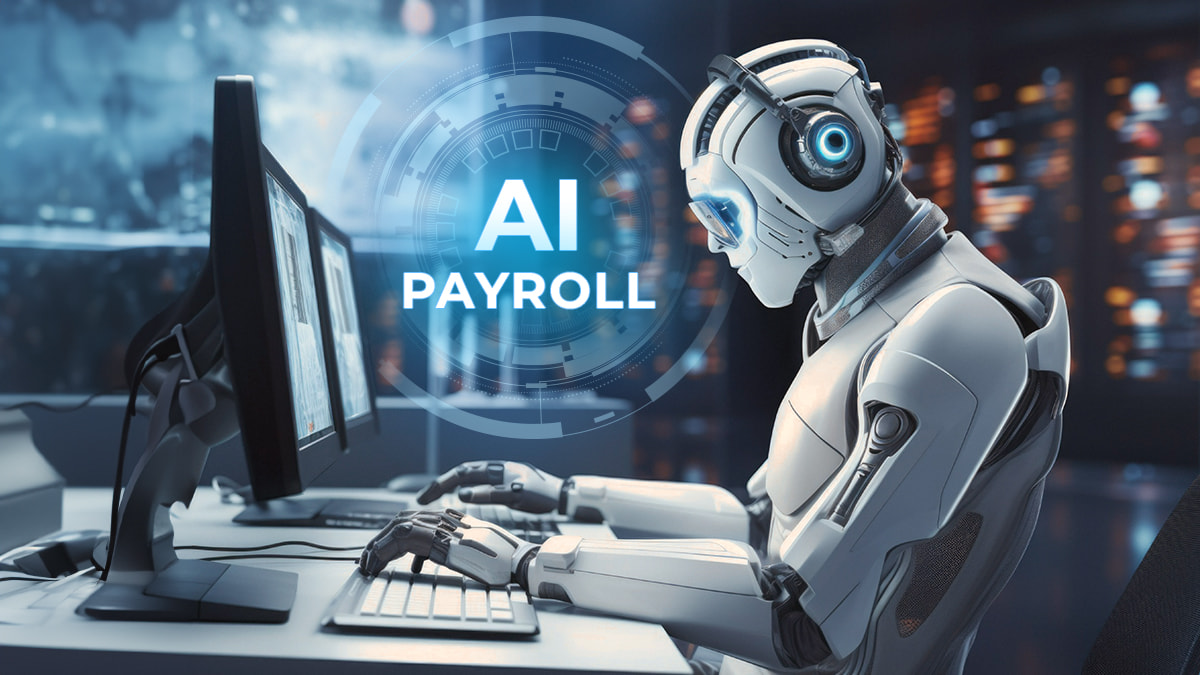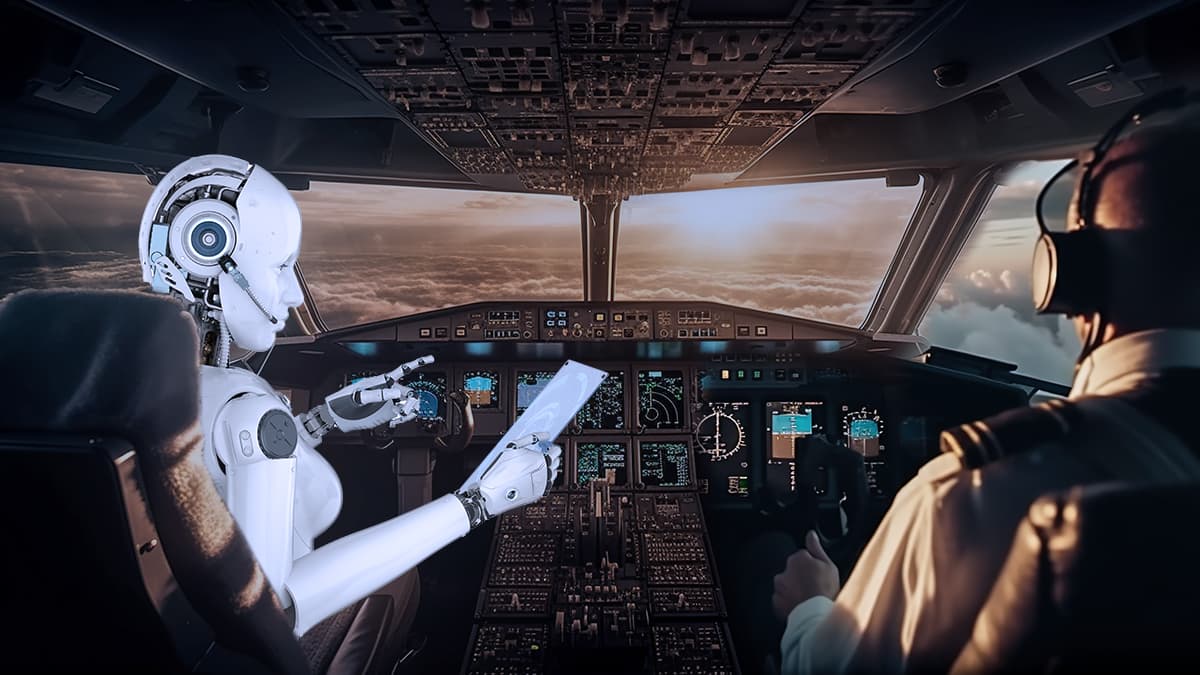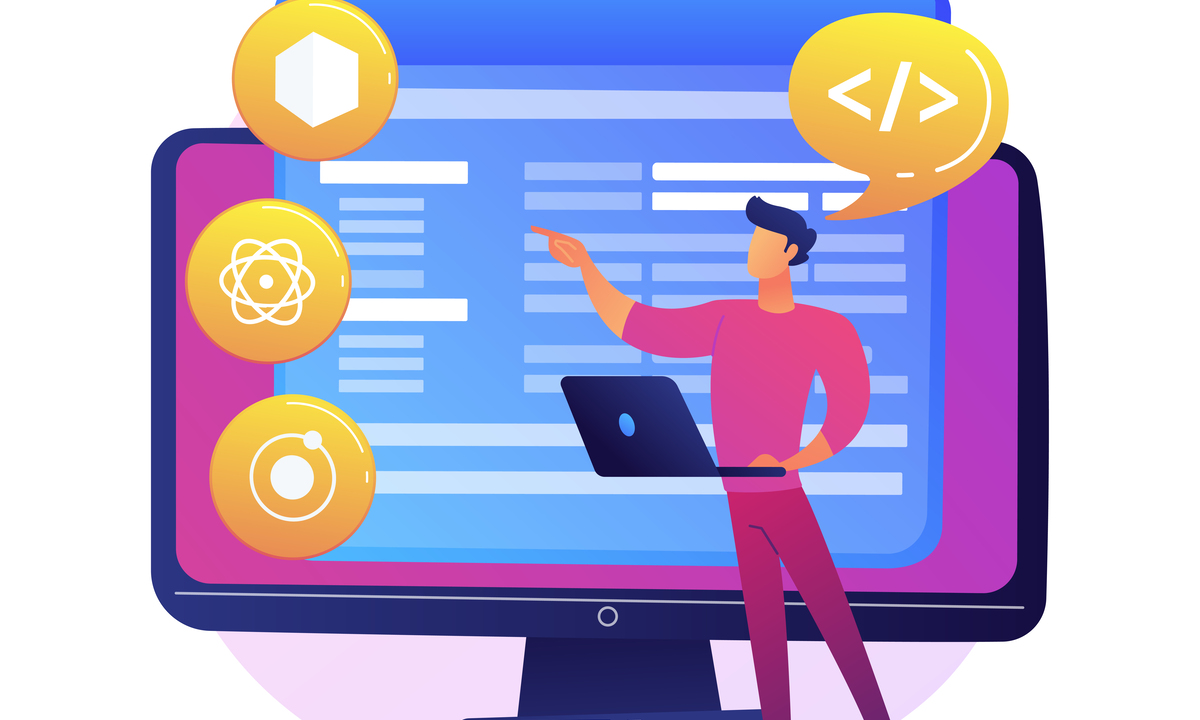
The Evolution of Travel and Tourism in the Age of AI
The fusion of cutting-edge AI technologies with the wanderlust spirit is not merely a trend but a fundamental shift, propelling the industry into a new era of innovation and efficiency. Over recent years, the travel and tourism sector has faced various challenges, including meeting diverse traveler expectations, optimizing operational efficiency, and enhancing travel security. AI has not only resolved such challenges but also opened up new avenues for travel and tourism. Travel operations have improved, customer experiences are more personalized, and safety standards are elevated and refined.
_1705561776.jpeg)
Let's look at how artificial intelligence is set to change or is already changing the travel and tourism business:
AI-driven personalized travel recommendations:
AI technology can be deployed right from the inception of the customer journey to provide a more personalized travel experience. This is notably evident on travel websites facilitating bookings for hotels, flights, and other tourism-related services, where intelligent suggestions are offered throughout the booking process. Artificial intelligence leverages data from a user's online activities to create a profile of their history and interests, similar to how retailers, including Amazon, recommend products based on past interactions. Furthermore, AI-powered chatbots are implemented during the booking phase to handle customer inquiries.
From smart itinerary planning to tailored recommendations, AI algorithms analyze vast datasets, considering individual preferences, historical travel patterns, and real-time data to curate unique journeys. Imagine a travel companion that understands your taste, anticipates your needs, and ensures every moment of your adventure is tailor-made just for you.
Customer Support with Chatbots:
In the age of instant gratification, customer service is a crucial differentiator for any industry. AI-driven chatbots and virtual assistants are redefining customer interactions in the travel sector. These intelligent systems provide real-time assistance, address queries, and offer seamless communication throughout the travel journey. This not only enhances the overall customer experience but also frees up human resources to focus on more critical tasks.
_(1)_1705564990.jpeg)
AI-powered Itinerary Planning:
New AI-backed travel technologies have emerged as ground-breaking tools capable of tailoring itineraries to each customer's unique preferences. Customers can leverage AI tools, including chatbots, to convey crucial details such as preferred destinations, the nature of their desired trip, budget considerations, and any other specific restrictions or preferences they may have. Thanks to NLP (Natural Language Processing, customers can seamlessly engage in meaningful conversations with AI chatbots with zero wait times. This enhances customer experience and enables companies to gather valuable data and identify customer trends.
Predictive Analytics for Travel Trends:
AI-driven predictive analytics integrates various factors, including current trends and historical data, to estimate future demand for travel services. This enables companies to efficiently manage inventory, tailor marketing campaigns, and allocate resources. For example, a travel company might deploy AI algorithms to predict forthcoming demand for specific vacation destinations or packages by analyzing historical booking patterns, seasonal variations, and external factors such as holidays or events.
Real-time Language Translation:
AI-powered language translation apps are used to assist travelers in overcoming language barriers. Natural Language Processing (NLP) and machine translation techniques are leveraged to provide instant translations for conversations, menus, and street signs. This functionality significantly facilitates communication and navigation for travelers in foreign countries.
Conclusion
As AI continues to evolve, the future landscape of travel and tourism holds the potential for even more profound changes. While AI presents a clear opportunity for the travel industry, companies must strategically harness its capabilities instead of adopting a scattergun approach.
Want to start a project?
Get your Free ConsultationOur Recent Blog Posts

© 2025 CSM Tech Americas All Rights Reserved

